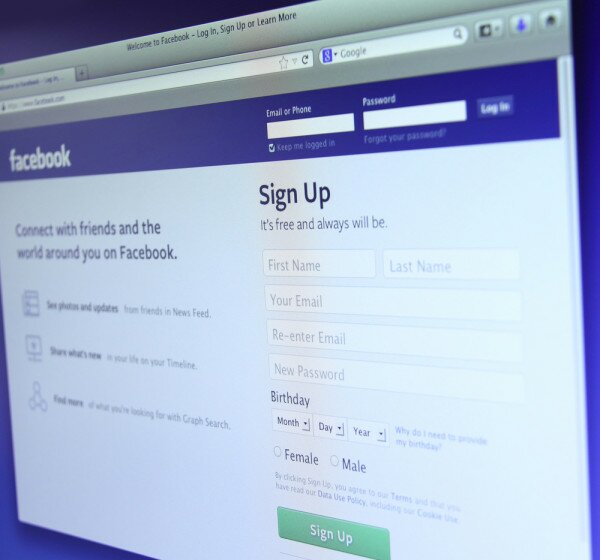
A new study of has revealed Facebook keeps a record of everything users type on the platform, even if they opt to delete them or decide not to publish.
The new research compiled by Facebook data scientist Adam Kramer and PhD student Sauvil Das examines what Facebook calls users’ “self-censorship” and insights into how it collects these non-posts.
It suggests that Facebook does not monitor the text that is actually typed and then erased, but just the fact that a user has self-censored.
The research said that to collect the text typed Facebook sends code to users’ browsers which automatically analyses what is typed into any text box and reports metadata back to Facebook.
“We studied the last-minute self-censorship habits of 3.9 million English speaking Facebook users, and found that a large majority (71 per cent) self-censored content at least once,” said the report.
The researchers said they collected data about where the censorship occurred, for example on a user’s own timeline or on a friend’s, hypothesising that censorship may vary across these domains.
“Decisions to self-censor appeared to be driven by two principles: people censor more when the relevance of the communication “space” is narrower. In other words, while posts directed at vague audiences (e.g.,status updates) are censored more, so are posts directed at specifically defined targets e.g groups, because it is easier to doubt the relevance of content directed at these focused audiences,” the report said.
The researchers say further that self-censorship can be bad because it withholds valuable information. If someone chooses not to post, they said “Facebook loses value from the lack of content generation”.
“Consider, for example, the college student who wants to promote a social event for a special interest group, but does not for fear of spamming his other friends – some of whom may, in fact, appreciate his efforts,” it said.
Das and Kramer said through this work they had arrived at a better understanding of how and where self-censorship manifests on social media.
“Next, we will need to better understand what and why,” they said.
Image courtesy of Shutterstock

















